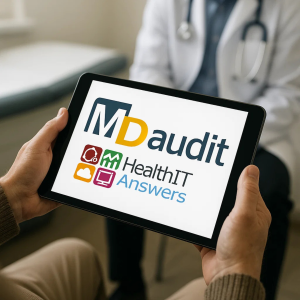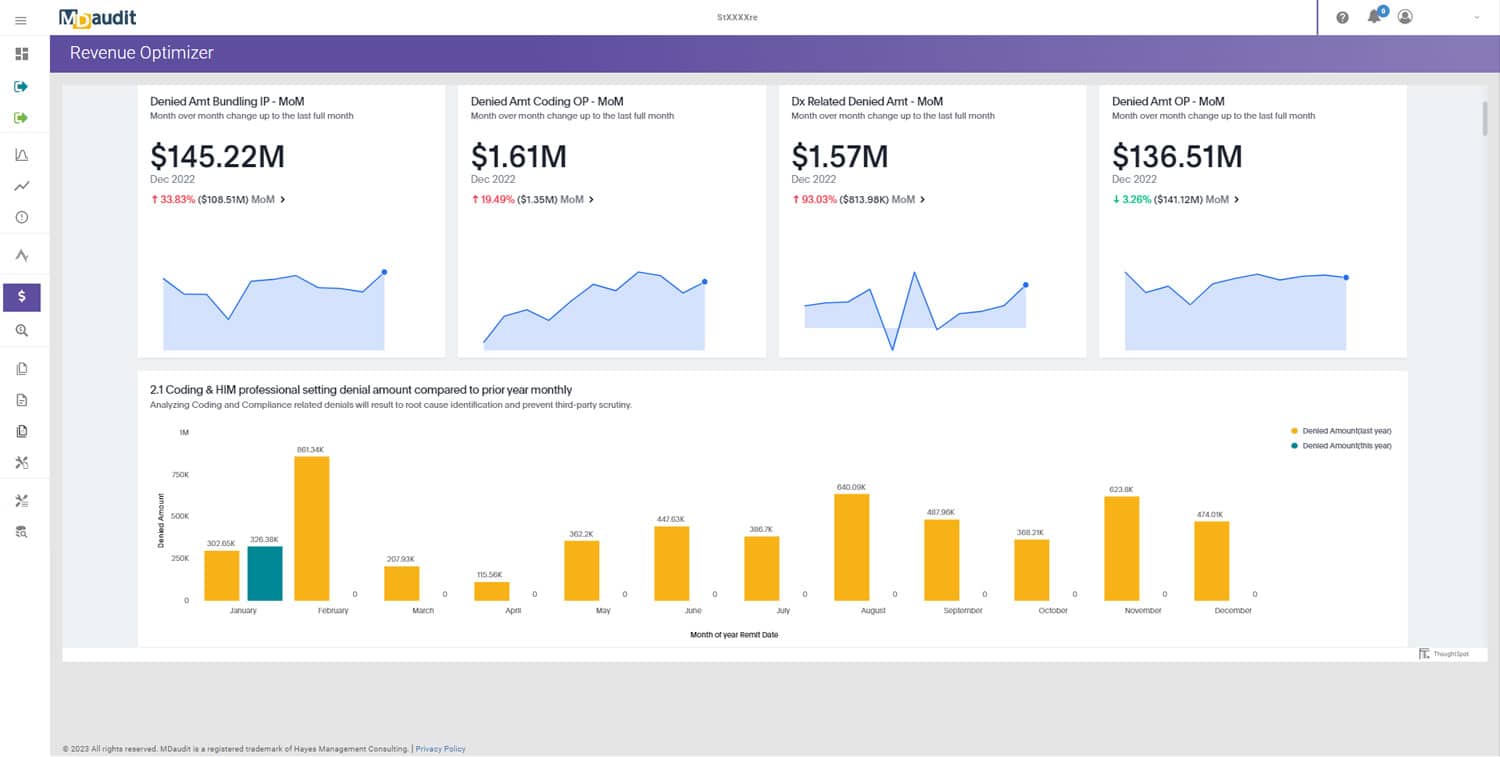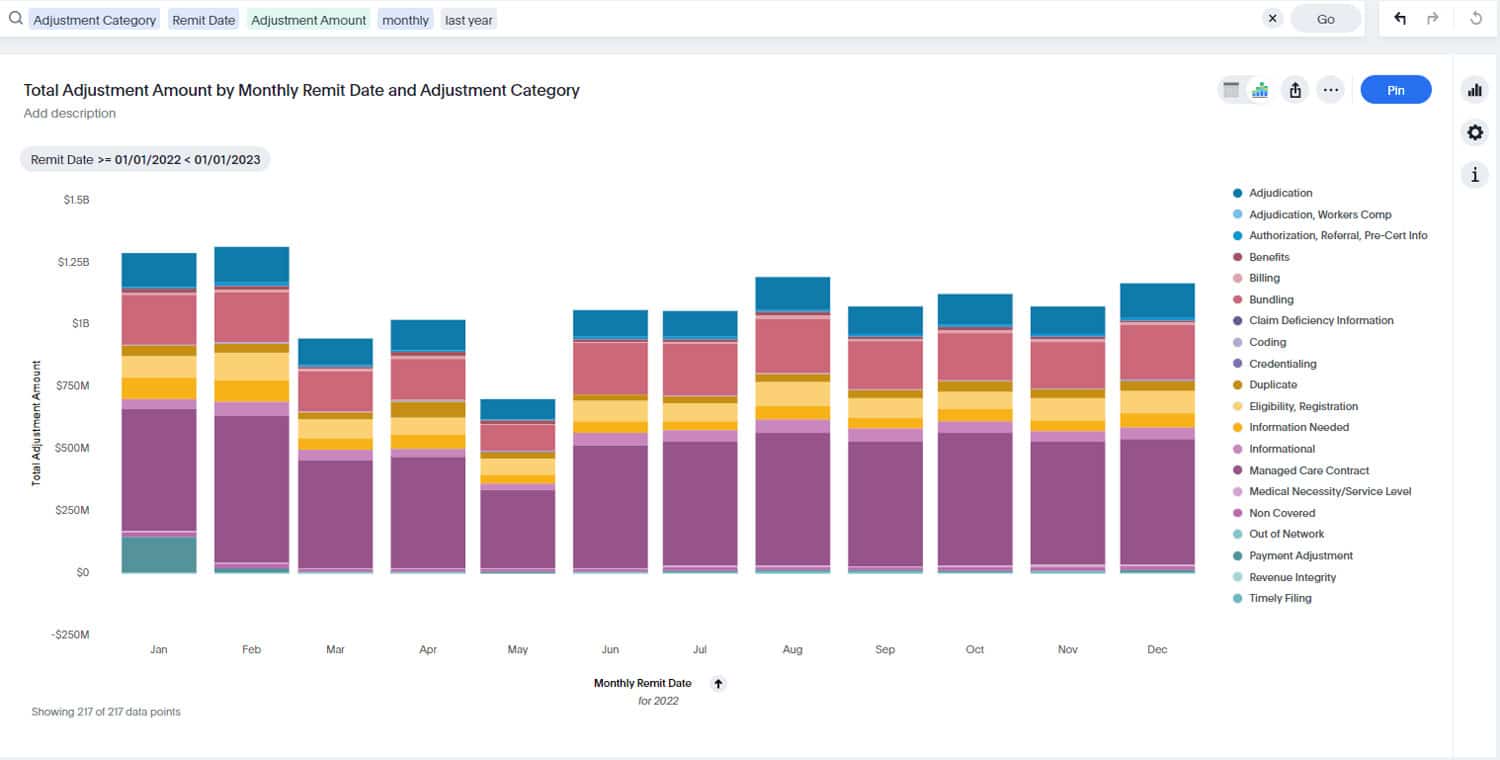Billing compliance is a cornerstone of financial integrity in healthcare. Every claim submitted must meet strict regulatory requirements, from correct coding and documentation to adherence to payer policies. Even unintentional errors can lead to denied claims, repayment demands, or hefty penalties under laws like the False Claims Act. In fact, fraudulent or improper billing is estimated to cost more than $100 billion annually — roughly 3–10% of total healthcare spending. Government regulators have intensified their scrutiny in recent years: the United States Department of Justice collected $1.7 billion from healthcare fraud settlements in fiscal year 2022 alone. With the Centers for Medicare & Medicaid Services (CMS) finding tens of billions in improper payments each year, the message is clear — robust billing compliance is essential.
The Importance of Billing Compliance in Healthcare
Maintaining billing compliance means ensuring all claims are accurate, timely, and in line with regulations. This involves correct coding of diagnoses and procedures, proper documentation of medical necessity, and following myriad billing rules set by federal programs and private insurers. Strong compliance processes protect healthcare organizations by preventing fraud, waste, and abuse, thereby avoiding legal risks and protecting revenue. They also promote patient trust by reducing billing errors and unnecessary charges. According to the Office of Inspector General (OIG), an effective compliance program includes ongoing auditing and monitoring of billing practices as one of its seven fundamental elements.
However, traditional manual auditing methods are struggling to keep up. Healthcare providers juggle thousands of claims and ever-evolving regulations across Medicare, Medicaid, and private payers. Minor mistakes in coding or documentation can slip through, only to be discovered in a payer audit or, worse, a government investigation. The financial stakes are high — beyond lost revenue from denials, organizations risk paying triple damages for false claims and facing exclusion from Medicare programs. To mitigate these risks, healthcare compliance professionals are turning to technology for help.
Why Automating Audits is Essential
Given the sheer volume and complexity of billing data, billing compliance automation has become a necessity rather than a luxury. Automated audit tools — a type of advanced healthcare compliance tool — leverage data analytics and artificial intelligence to scan claims for irregularities, flagging potential issues in real time. Instead of relying solely on periodic, sample-based manual reviews, compliance teams can continuously monitor 100% of claims to catch errors or outliers before they become problems.
Automation offers several key benefits:
- Efficiency: Auditors can review thousands of claims quickly instead of just a few dozen manually.
- Revenue Protection: Catching errors before submission leads to cleaner claims, faster payments, and fewer denials.
- Risk Reduction: Automation supports proactive compliance, preventing issues before they escalate into costly penalties.
- Insightful Reporting: Dashboards reveal billing trends, provider outliers, and risk patterns that inform strategic decision-making.
In short, billing compliance software that automates auditing is now indispensable for healthcare organizations aiming to stay ahead of regulatory risks and maintain a healthy revenue cycle.
5 Audit Automation Tools You Should Know
1. MDaudit Internal Audit Workflows
MDaudit’s Internal Audit Workflows provide a comprehensive solution for examining all chart types within your organization, including hospital, professional, and coder audits, both prospectively and retrospectively. The platform offers templated and customizable workflows, automated schedules, task assignments, and digital document management. Advanced analytics dashboards enable users to uncover insights quickly, facilitating efficient management of audits and enhancing productivity.
2. MDaudit External Audit Workflow
The External Audit Workflow module streamlines the management of third-party governmental and private payer audits, such as Recovery Audit Contractors (RAC), Targeted Probe and Educate (TPE), and Comprehensive Error Rate Testing (CERT) audits. It centralizes all audit activities, automates manual tasks, and provides benchmarking dashboards to understand audit targets and outcomes. Features like electronic submission of medical documentation (esMD) and SmartScan.ai enhance efficiency and transparency in responding to external audit requests.
3. SmartScan.ai
SmartScan.ai is an intelligent functionality within the External Audit Workflow module that allows users to upload payer request letters, which are then parsed to extract relevant attributes for case searches. This automation eliminates tedious manual work, adds flexibility to the case search process, and expedites the overall resolution of audits, enhancing the efficiency of managing external audit requests.
4. Insights.ai
Insights.ai is a generative AI feature that enables users to type complex questions in plain English and receive immediate business insights. This tool allows non-technical users and executives to make strategic, data-driven decisions by providing quick access to information such as at-risk providers or denial trends. Insights can be pinned to live boards for ongoing analysis or further drilling down, facilitating proactive management of billing compliance and revenue integrity.
5. Scheduled Audit Planner
The Scheduled Audit Planner is designed to streamline and automate audit scheduling processes by providing robust tools for audit creation and scheduling. It allows users to define how different provider and coder audits will be scheduled based on previous audit results and other criteria. This feature enhances the efficiency of audit planning and execution, ensuring timely and systematic auditing practices.
Conclusion
Healthcare billing compliance has become a complex, high-stakes challenge that organizations cannot meet manually. Automated billing compliance software tools like MDaudit’s Internal Audit Workflows, External Audit Workflow, SmartScan.ai, Insights.ai, and Scheduled Audit Planner enable healthcare providers to strengthen compliance, protect revenue, and operate more efficiently.
Investing in healthcare compliance tools pays dividends by:
- Preventing regulatory penalties
- Reducing denied claims
- Improving internal audit efficiency
- Enhancing billing and coding accuracy
Modern compliance demands modern solutions. Organizations that embrace audit automation today are better positioned to thrive in a healthcare environment of increasing scrutiny and tighter margins. If you’re ready to optimize your audit processes and enhance your team’s efficiency, don’t wait any longer. Request your demo today on our website and experience firsthand how MDaudit can transform your workflow. Discover the ease and effectiveness of our solutions tailored to meet your specific needs.







